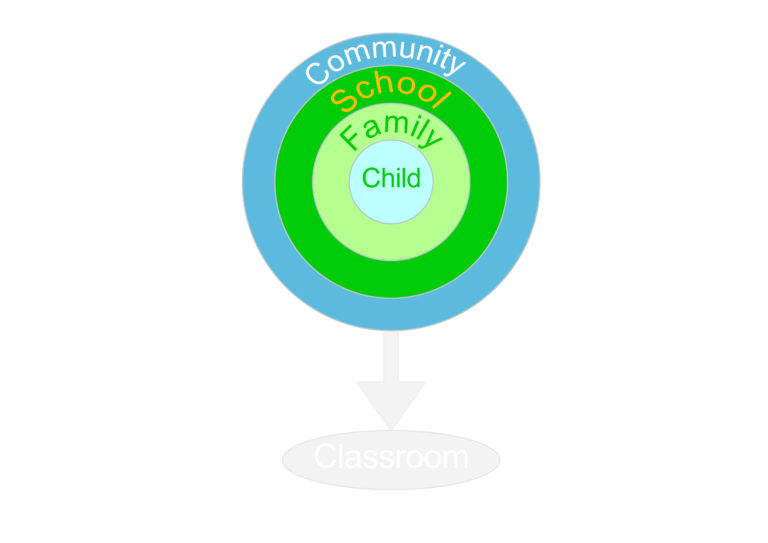Home / Teaching / Diversity & Inclusion / Education for All: Disability, Diversity and Inclusion / Community partnerships for success
This article is from the free online
Education for All: Disability, Diversity and Inclusion


Reach your personal and professional goals
Unlock access to hundreds of expert online courses and degrees from top universities and educators to gain accredited qualifications and professional CV-building certificates.
Join over 18 million learners to launch, switch or build upon your career, all at your own pace, across a wide range of topic areas.

 Schools and families do not exist in isolation. A theme of this course has been social inclusion broadly, and so if our immediate goal is building inclusive schools, we must engage actively with the community in which the school is located.
Schools and families do not exist in isolation. A theme of this course has been social inclusion broadly, and so if our immediate goal is building inclusive schools, we must engage actively with the community in which the school is located.


